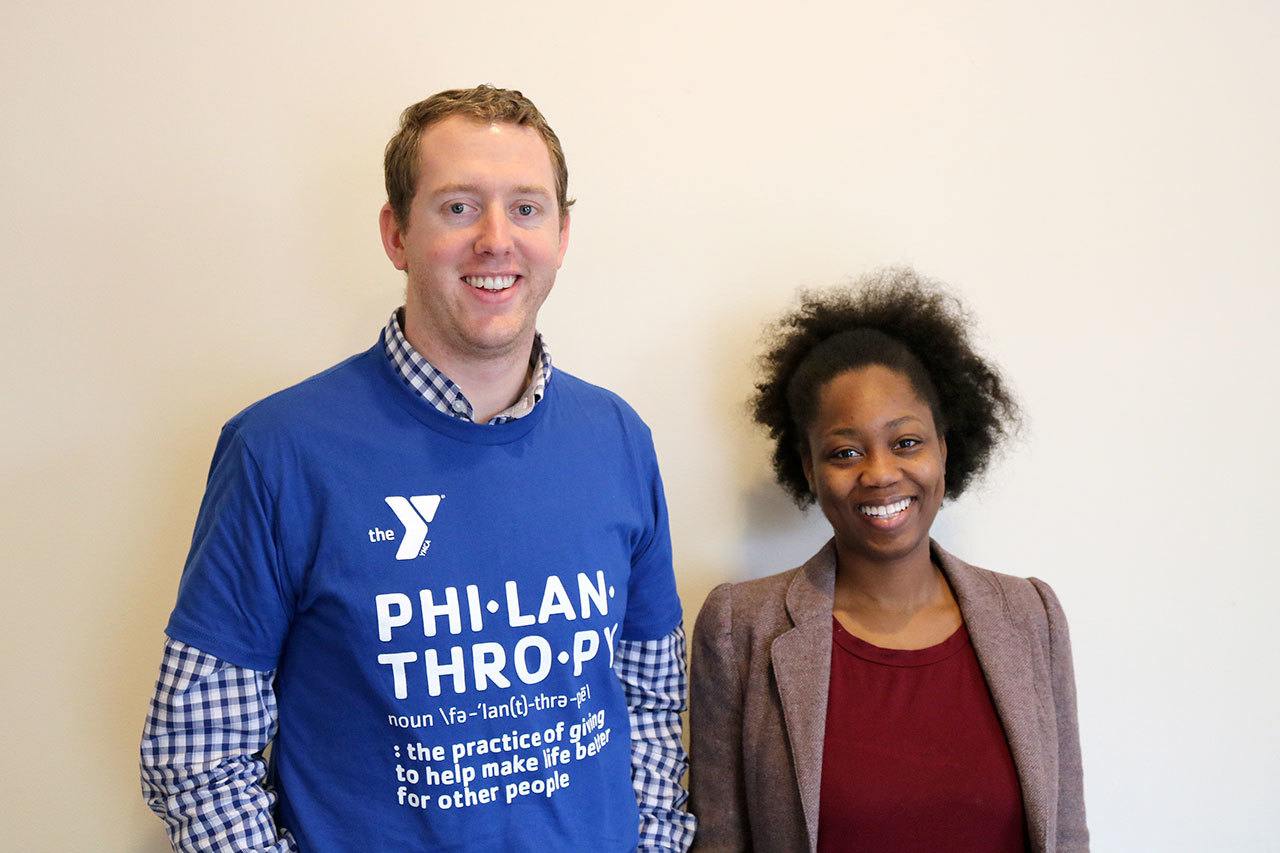After a six-month run in Seattle, the Seattle and Snoqualmie Valley YMCA are partnering to bring a new youth housing program, “Host Homes,” to the Valley.
Nicole Guiberteaux, housing resource specialist at the YMCA of Greater Seattle, said the program serves young adults between the ages of 18 and 24 who are either homeless or in unstable housing and could become homeless. The program matches them with volunteers from the community who are willing to provide a home for six months.
“The program works with young people and matches them with people in their community who are willing to provide room and board while they work with a case manager on their housing goals,” Guiberteaux said. “The program is for six months and at that point our goal and hope is that we are transitioning them to permanent housing.”
The YMCA’s program was formed after conversations with youth at risk of becoming homeless and was modeled after a similar program in Minneapolis, which has been running since 1997. With funding from the Raikes Foundation and the Medina Foundation, the Seattle YMCA was able to start its own Host Homes pilot program in 2016.
The decision to expand the program to other communities came as the Seattle program was underway. The Snoqualmie Valley was chosen as a place that the program could have a positive influence.
“We were reaching out to different communities like Bellevue and SeaTac to see if this program could fit in those communities,” Guiberteaux said. “I think the program was chosen for here because there seems to be a hidden need.”
While the Seattle program works with about 15 people, the Snoqualmie Valley version is aiming at around seven. Nate Smith, executive director of the Snoqualmie Valley YMCA, said the program has been adjusted to better fit the Valley.
“Our number is somewhere between four to seven,” Smith said. “It’s a smaller number because we have a different demographic. We also see this in some ways as a preventive program. To make sure they get the support to help them make the right choices and don’t put themselves in the situation where they would become stereotypically homeless.”
Guiberteaux explained that to be matched, both the youth and host must go through a screening that involves a background check and calling references.
“It’s almost like an interview process for a job, we have to make sure — especially for the host — they don’t have anything criminal on their background as we are placing someone into a home,” Guiberteaux said.
Once enrolled in the program, each youth works with a case manager to identify the path he or she needs to follow to find stable housing as well as education or work. The case manager is there to help the youth with anything they need. Guiberteaux said that they almost act like life coaches, teaching important, real-world skills.
“If they need help filling out an application, that case manager is helping. If they are looking to go speak to landlords to move into an apartment, then the case manager is walking them through the process of how to apply for an apartment, save up for a deposit and go meet with that landlord,” she said. “It’s to provide life skills and to make sure that the barriers the young person may face are removed.”
The hosts are supported as well. Guiberteaux is the contact and support for the hosts in the Seattle program. Any time the host has a question or needs help, Guiberteaux is available to call. In addition, the hosts receive a $300 stipend each moth to offset the cost of another person in their home, as well as a six-month free gym membership at the YMCA.
Smith said his goal is to get the program started in May, but until then there are a few elements that need to be put in place, such as the case manager staff. The YMCA currently has a job application available online for the case manager position and is planning a March 21 meeting to speak to the community and potential hosts.
For more information on the case manager position, visit seattleymca.jobs and search for Resource Specialist II.
For more information, visit seattleymca.org/accelerator/housingandtransitionplanning/hosthomes.


